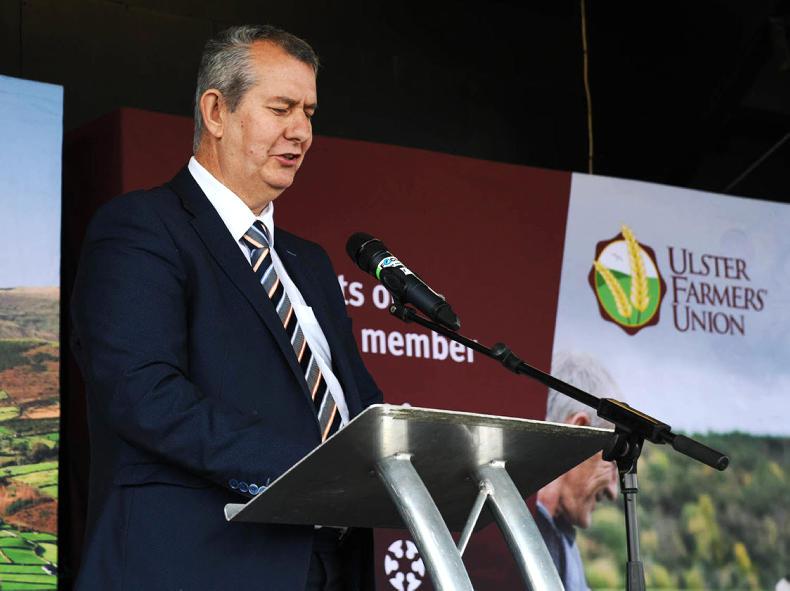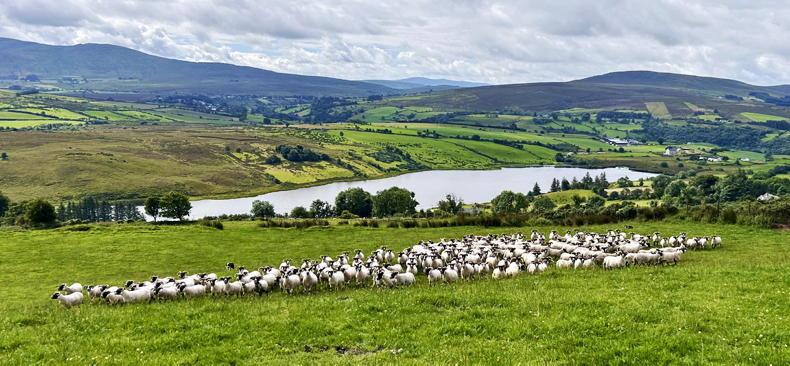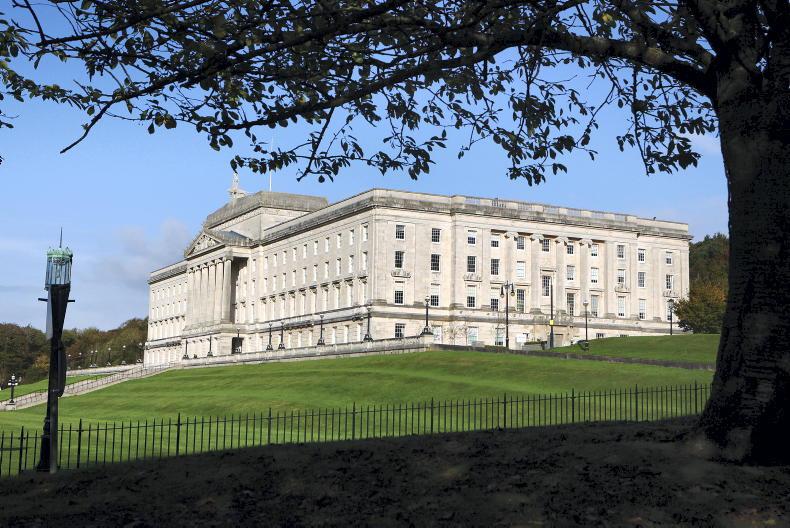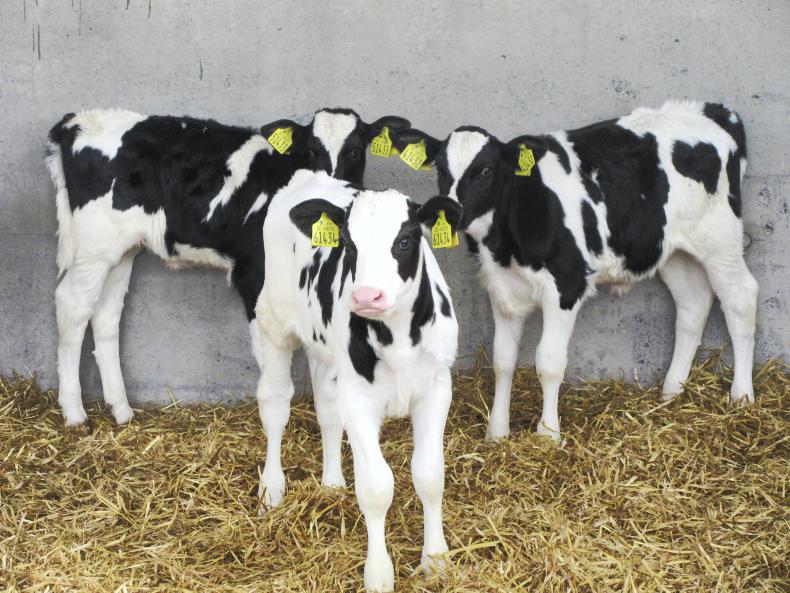The short tenure of Agriculture Minister Edwin Poots as DUP leader has come to an abrupt end.
Given that his replacement, Sir Jeffrey Donaldson, was a rival in a leadership contest only a few weeks ago, it would be no great surprise if the new leader wants to put his close allies into ministerial posts, leaving Edwin Poots on the backbenches.
But from a farming perspective that would be a mistake. Since he took up the post in January 2020, Minister Poots has engaged effectively with the agri-food industry, pushed his civil servants to get things done and come forward with a vision as to how farmers can work with the environment to the benefit of both.
A new Minister would not have the same understanding of the issues, and with only a short period left of this political mandate, their alternatives are limited – they can either see out the work started by Minister Poots, or effectively sit on their hands for the next nine months.
Of course there are also reports the DUP would be willing to bring Stormont down if there isn’t significant movement on the issue of the NI Protocol.
The implications of that are significant. It would kill off the private member’s climate change bill that has gone against expert advice by proposing NI goes for a target of net-zero carbon emissions by 2045. However, concerns around climate change are not going away, and as MLAs on the Stormont Agriculture committee work through the issues, hopefully a fair and balanced pathway is found.
The reality is that if Stormont collapses, there are far more downsides for farmers. It would lead to further delay around bovine TB and more uncertainty on future agricultural policy. There are also various coronavirus income support schemes for the likes of wool, potatoes and cull sows yet to be made into law, while work is continuing on the compensation scheme for farmers hit by floods in 2017.
Read more
Poots appeals to rival parties on NI Protocol
Package of financial aid now tops £30m
The short tenure of Agriculture Minister Edwin Poots as DUP leader has come to an abrupt end.
Given that his replacement, Sir Jeffrey Donaldson, was a rival in a leadership contest only a few weeks ago, it would be no great surprise if the new leader wants to put his close allies into ministerial posts, leaving Edwin Poots on the backbenches.
But from a farming perspective that would be a mistake. Since he took up the post in January 2020, Minister Poots has engaged effectively with the agri-food industry, pushed his civil servants to get things done and come forward with a vision as to how farmers can work with the environment to the benefit of both.
A new Minister would not have the same understanding of the issues, and with only a short period left of this political mandate, their alternatives are limited – they can either see out the work started by Minister Poots, or effectively sit on their hands for the next nine months.
Of course there are also reports the DUP would be willing to bring Stormont down if there isn’t significant movement on the issue of the NI Protocol.
The implications of that are significant. It would kill off the private member’s climate change bill that has gone against expert advice by proposing NI goes for a target of net-zero carbon emissions by 2045. However, concerns around climate change are not going away, and as MLAs on the Stormont Agriculture committee work through the issues, hopefully a fair and balanced pathway is found.
The reality is that if Stormont collapses, there are far more downsides for farmers. It would lead to further delay around bovine TB and more uncertainty on future agricultural policy. There are also various coronavirus income support schemes for the likes of wool, potatoes and cull sows yet to be made into law, while work is continuing on the compensation scheme for farmers hit by floods in 2017.
Read more
Poots appeals to rival parties on NI Protocol
Package of financial aid now tops £30m










SHARING OPTIONS